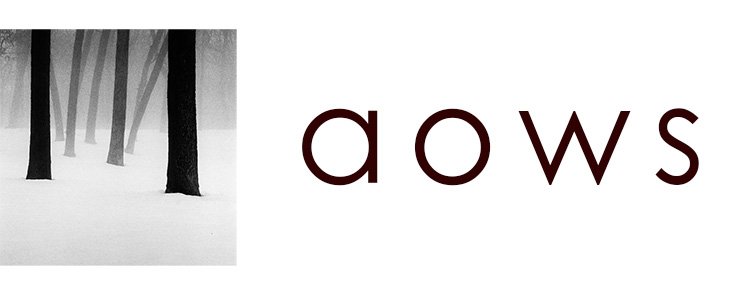I’ve never been a big fan of New Year’s resolutions. I am too aware that they’re just mind tricks: whatever we’re trying to change on January 1st is just as hard to change as it was on July 23rd.
The human brain is fascinating, though, and mind tricks can work wonders. People can believe crazy things, and it’s that mindset that has propelled some of history’s greatest achievers to do what was previously impossible -- and others to fail spectacularly.
But I digress. I’m not a resolutions person. Last year, I made the mistake of writing down some goals I hoped to achieve in 2024. Some I accomplished; others I didn’t. I say mistake because looking at the “failures” didn’t exactly make my day any better.
Having specific goals can be a great motivator, but they come with risks. Many goals aren’t entirely within our control, even if they seem that way on the surface. Other goals are too shallow and miss the bigger picture.
For example, setting a goal to read a specific number of books in a year is admirable. But I think we’d all agree it’s much better to read only one book, but one that creates lasting change in your life, than to read 20 you forget within a week.
In 2025, as in previous years, I want to work more, learn more, and enjoy more. But I won’t be using any sort of yardstick to measure my success or failure when December 31st inevitably rolls around. Instead, I’m placing my trust in the power of compounding and focusing on one day at a time.
Every day, I want to either learn something new, create something, or enjoy something. These aren’t mutually exclusive. The days when I can do two, or even all three, will be the best days. How big or small those “somethings” are doesn’t matter; it all adds up in the end.
Here’s to a wonderful new year.

